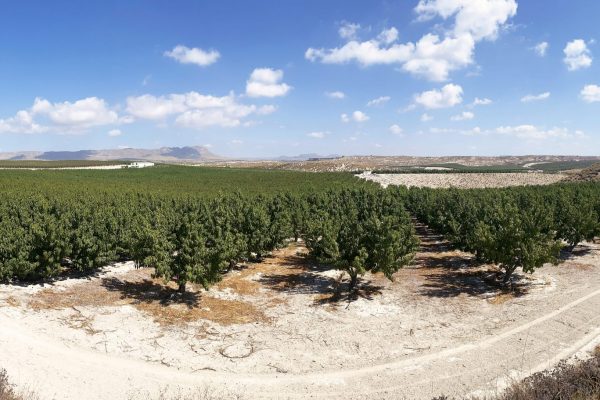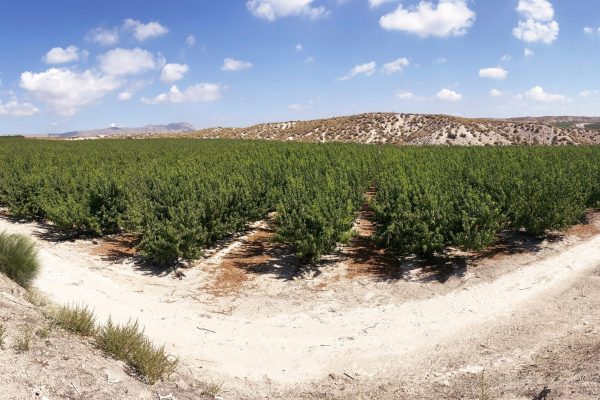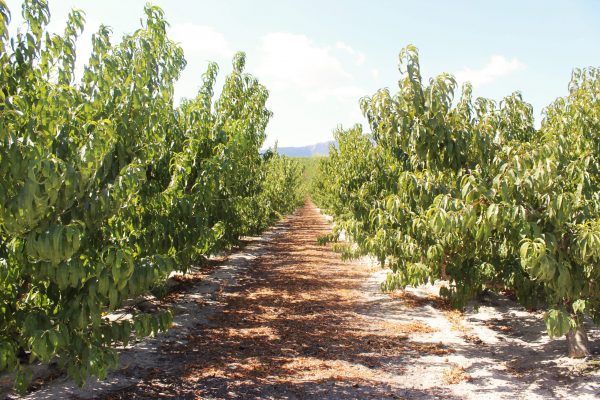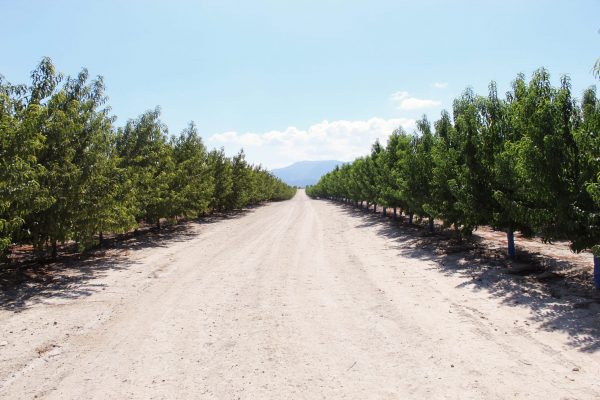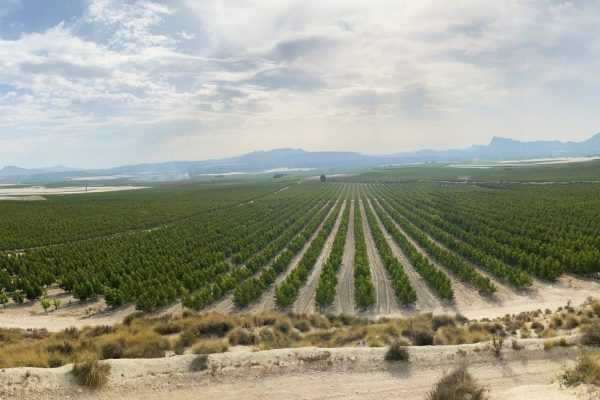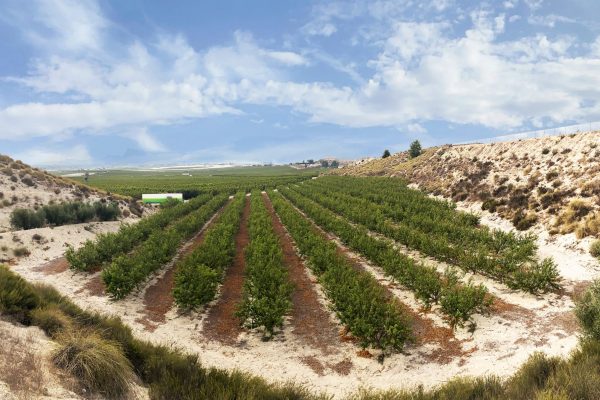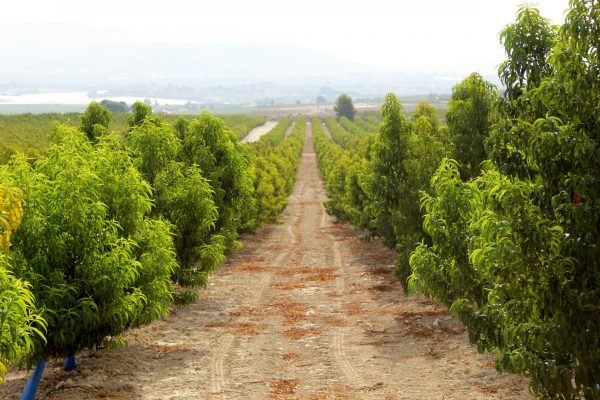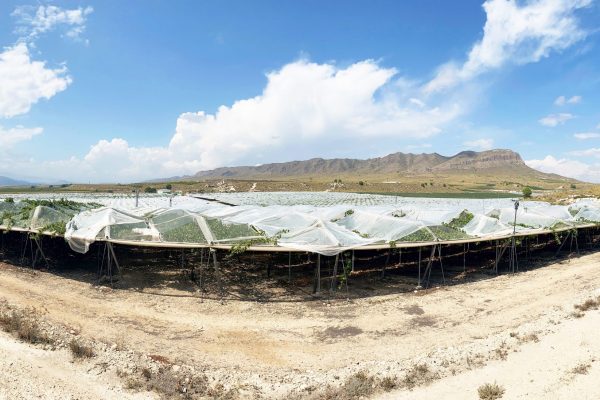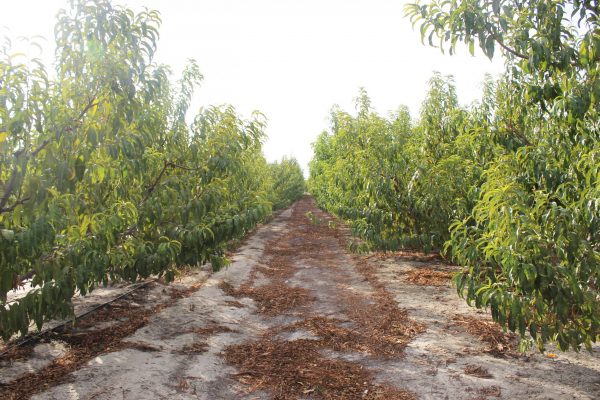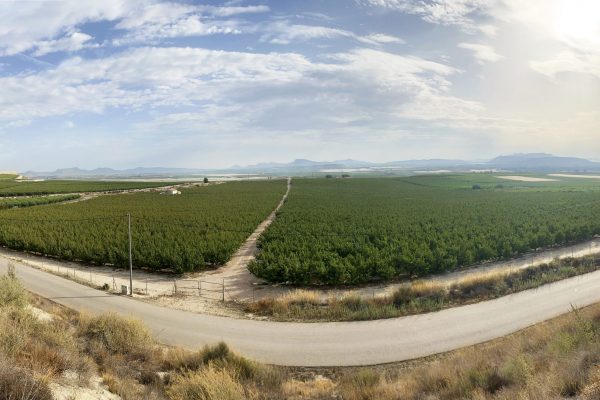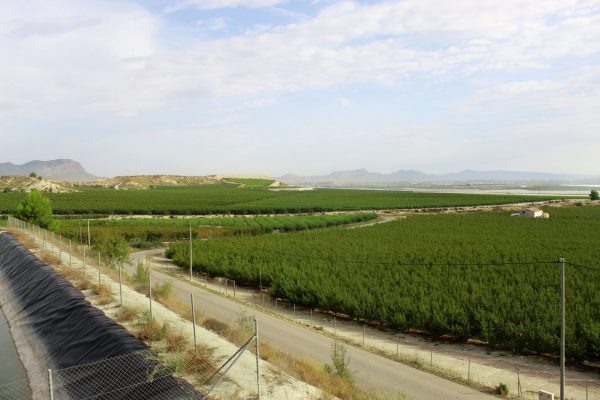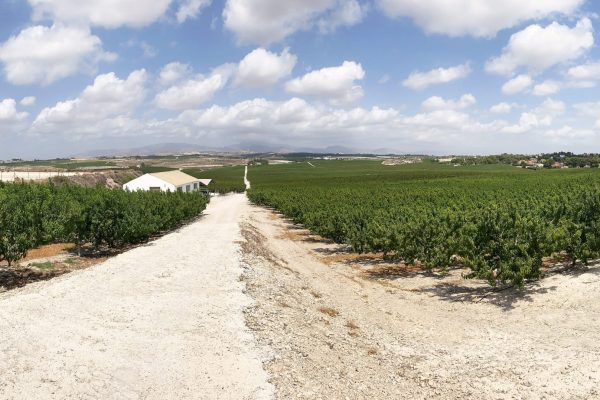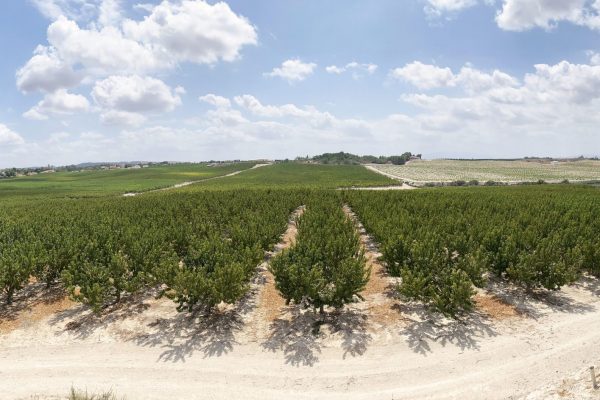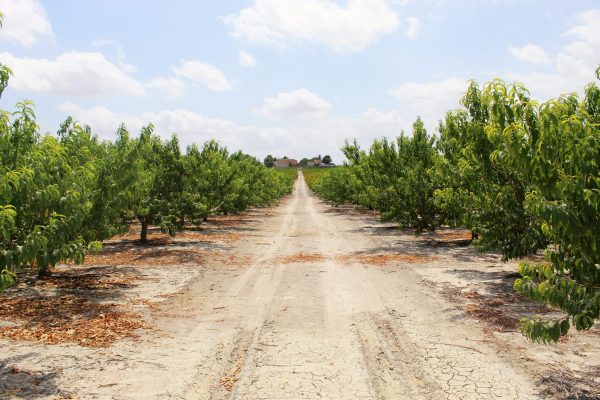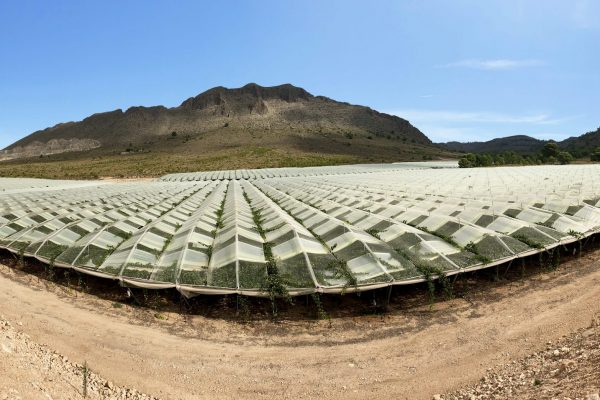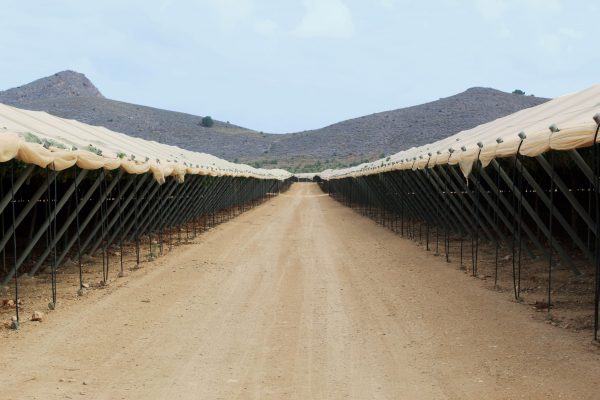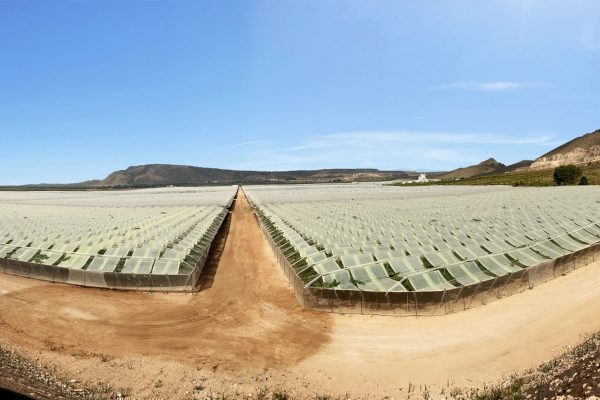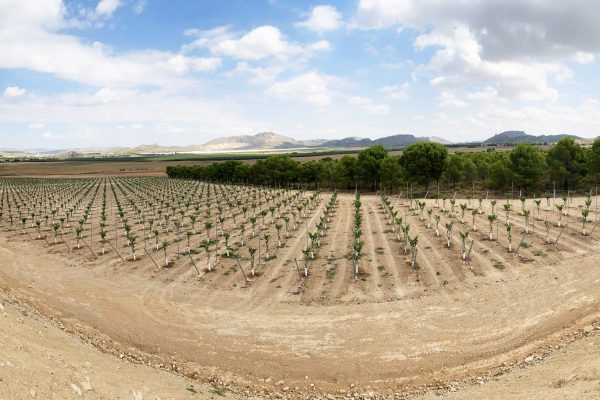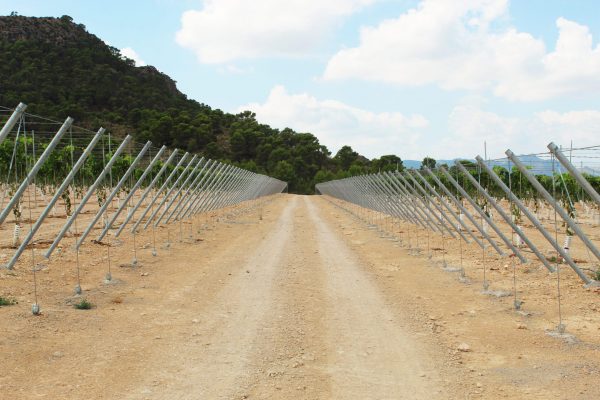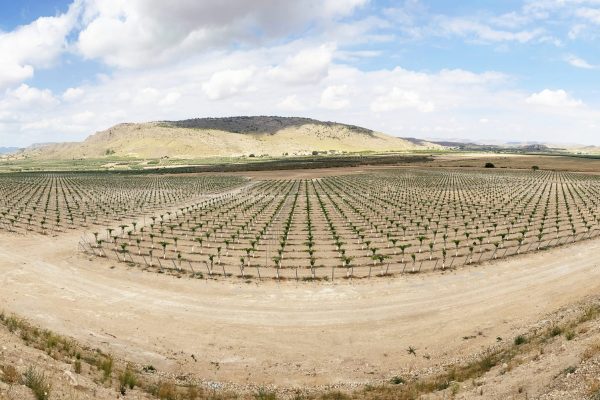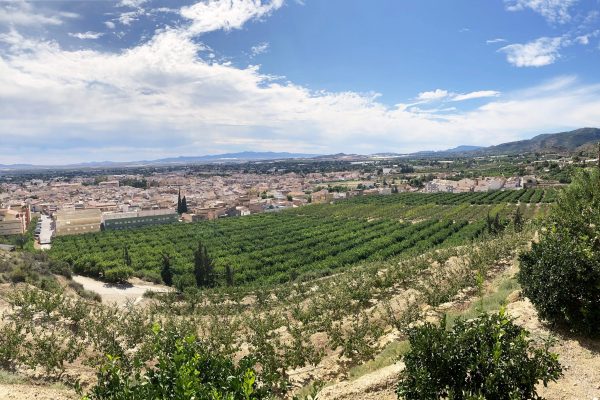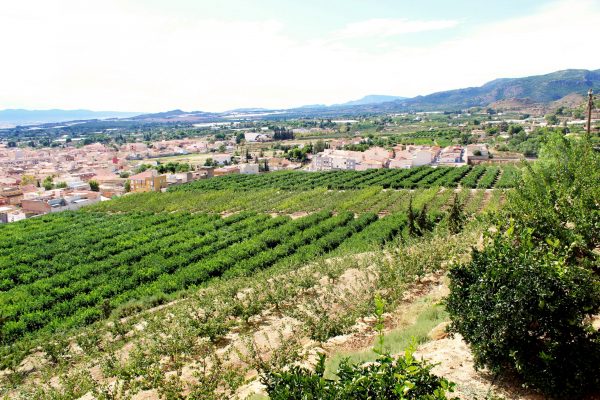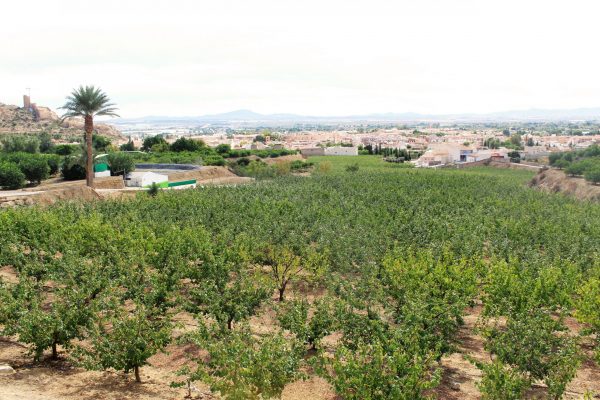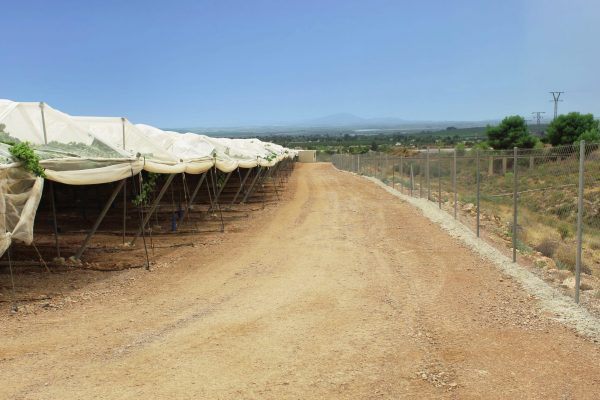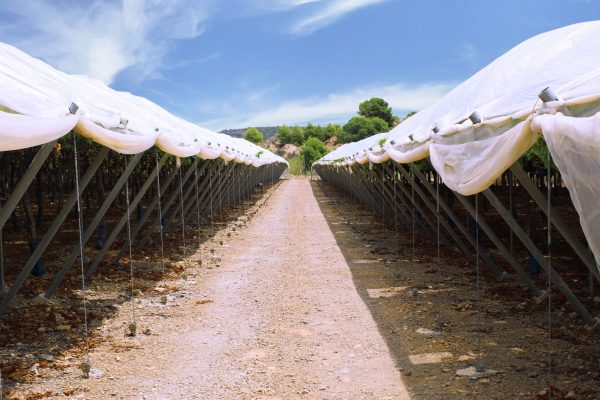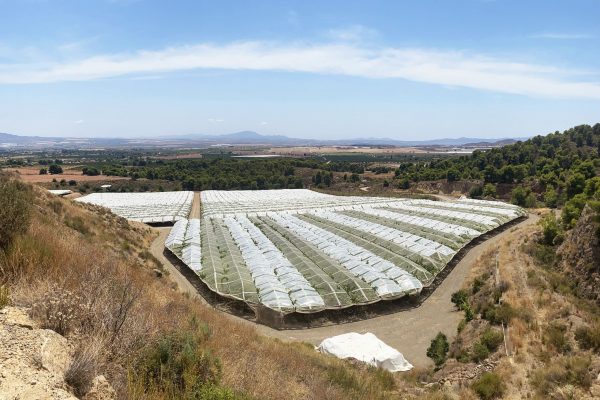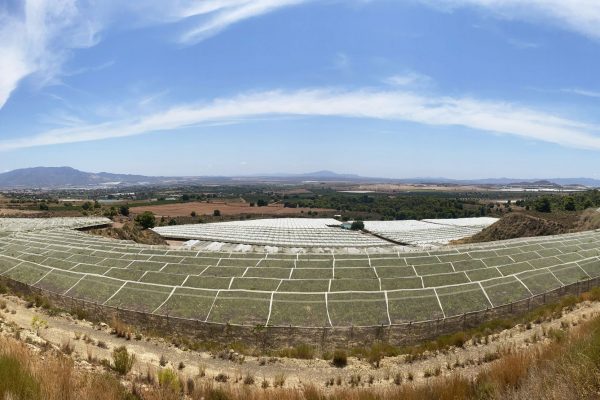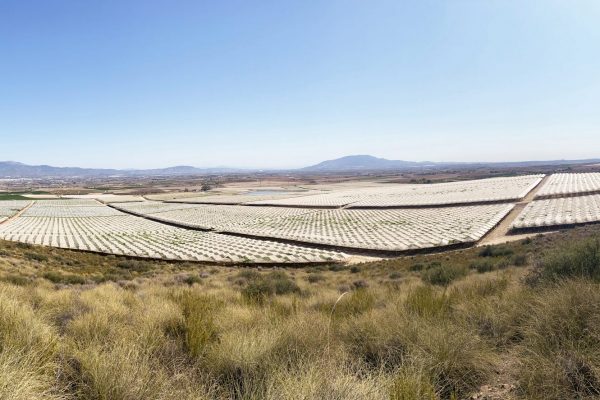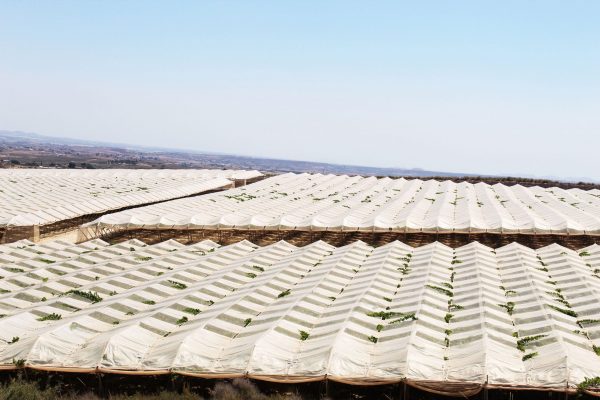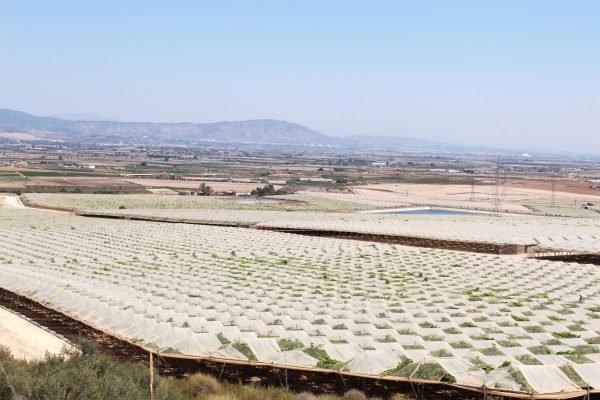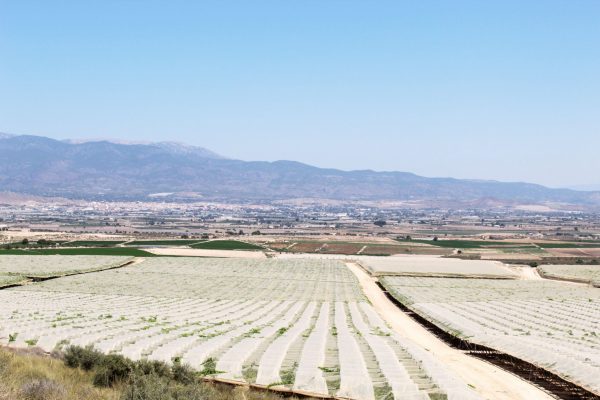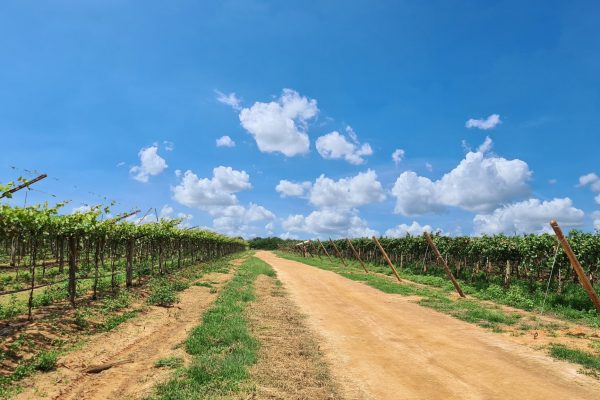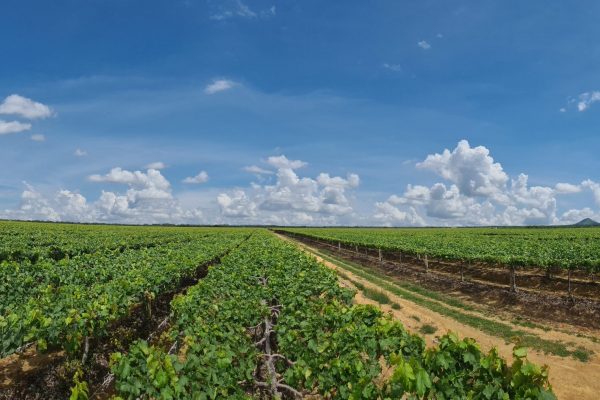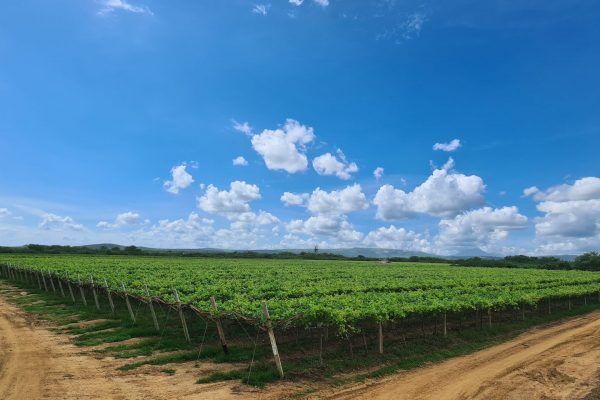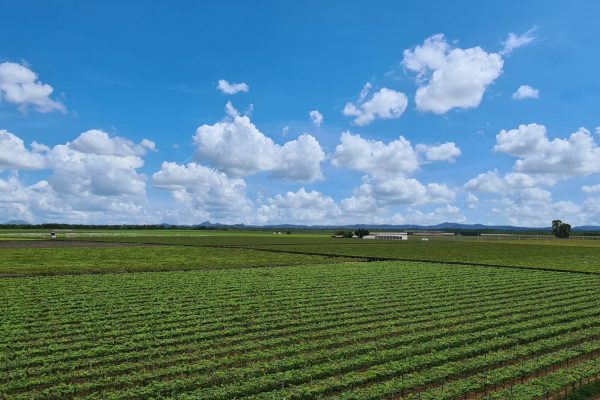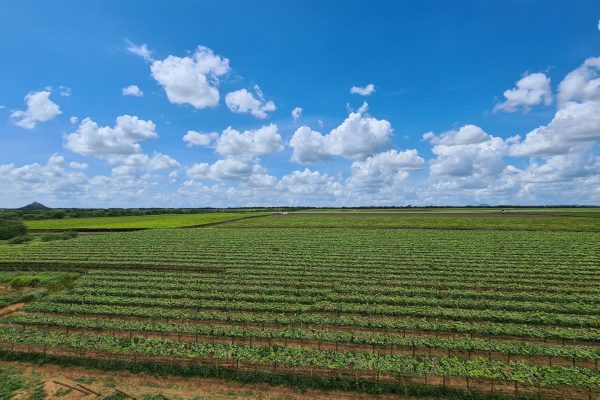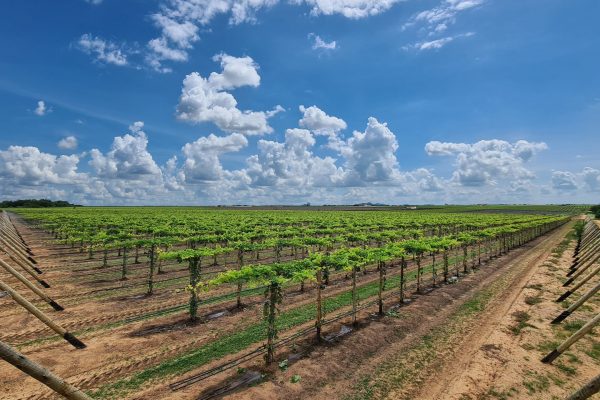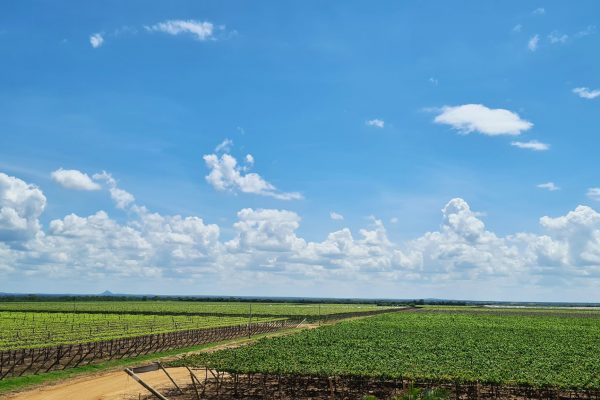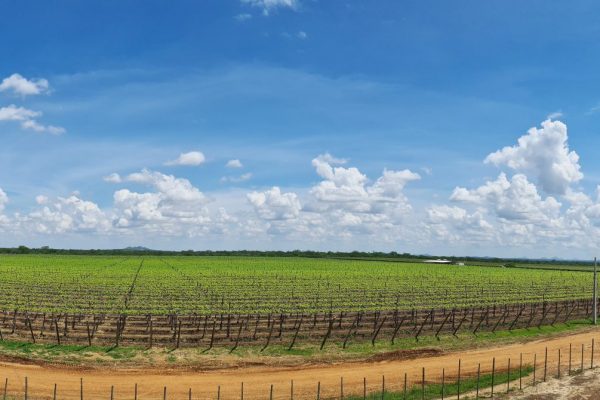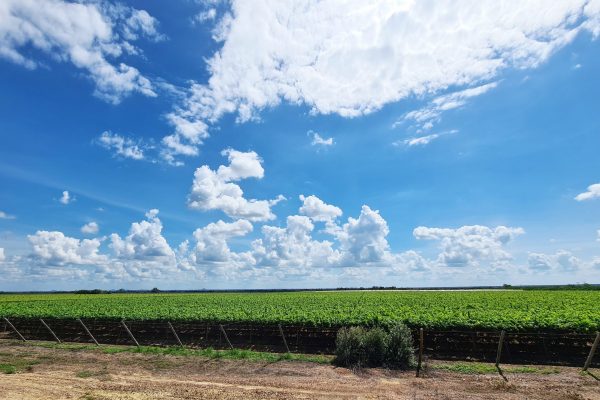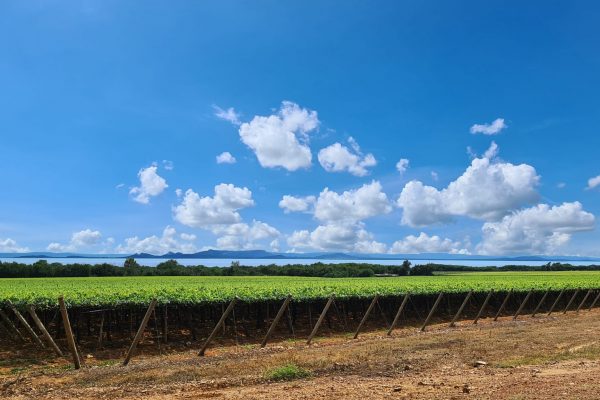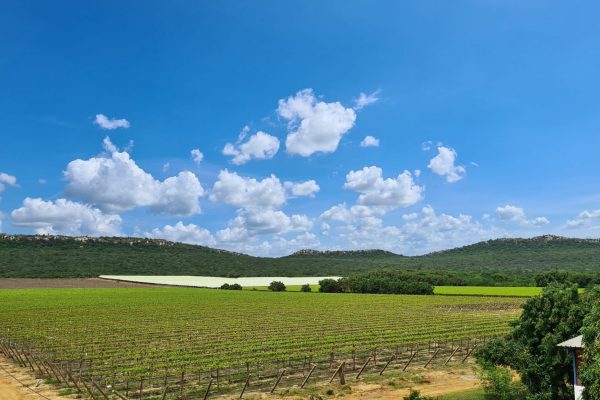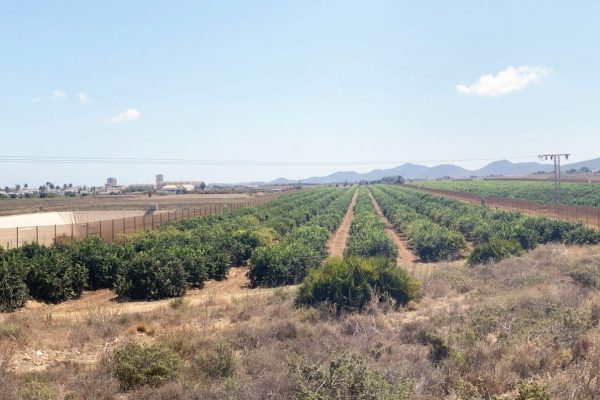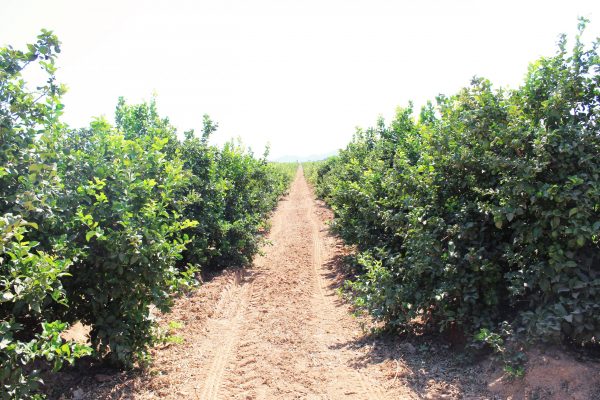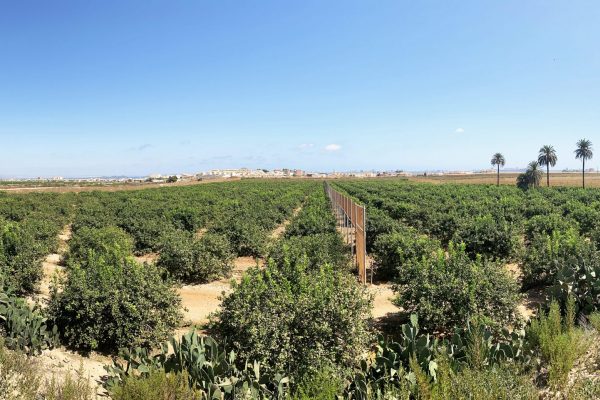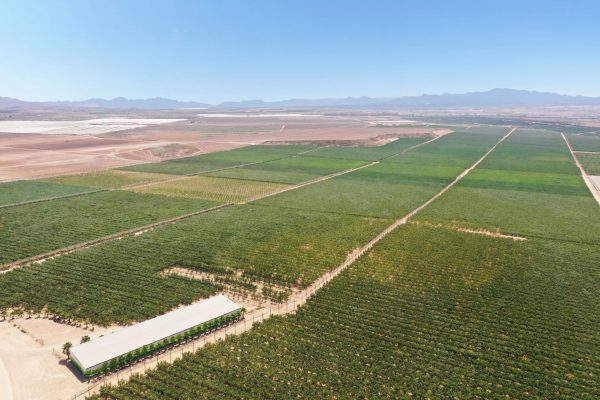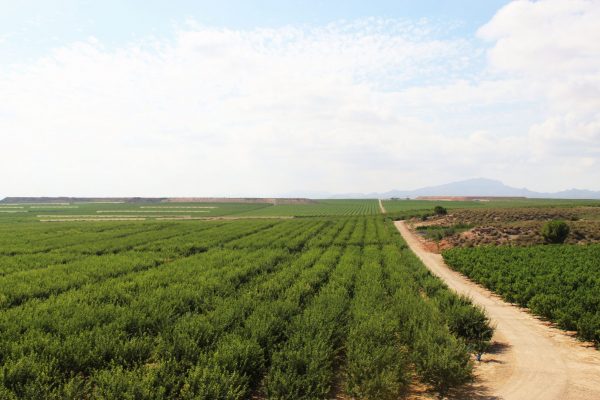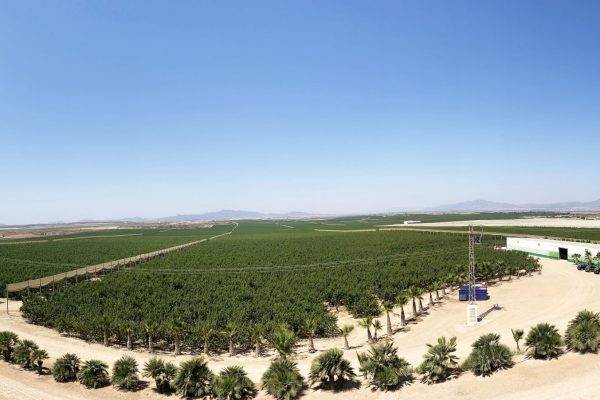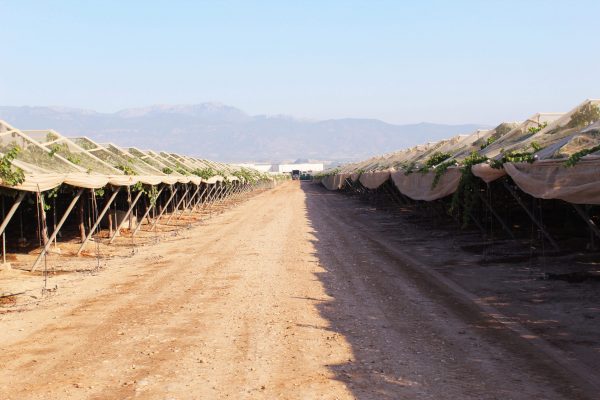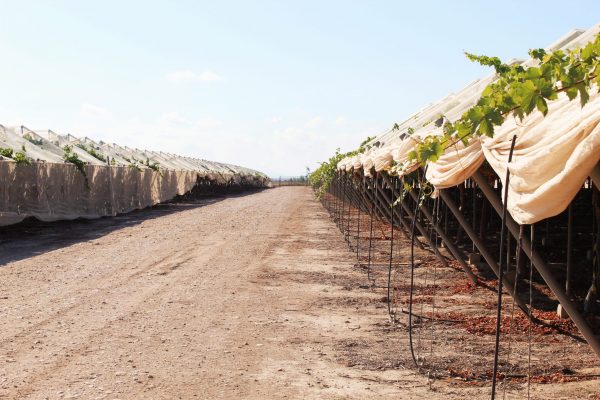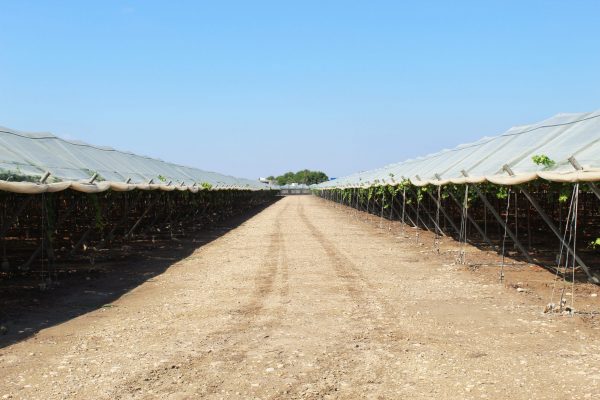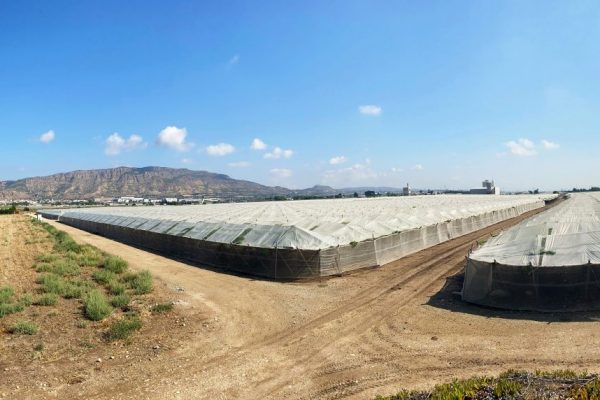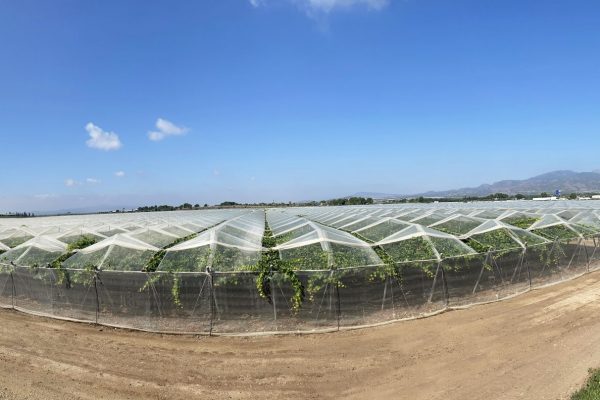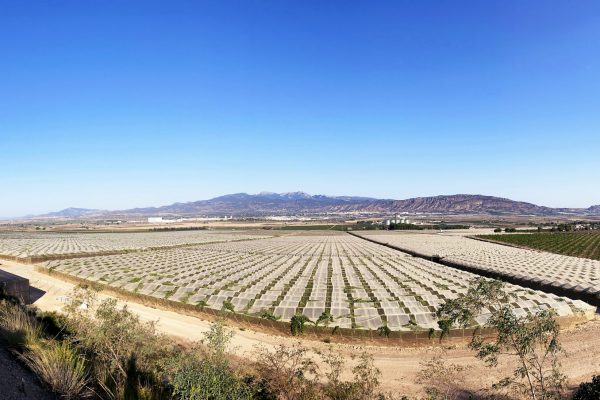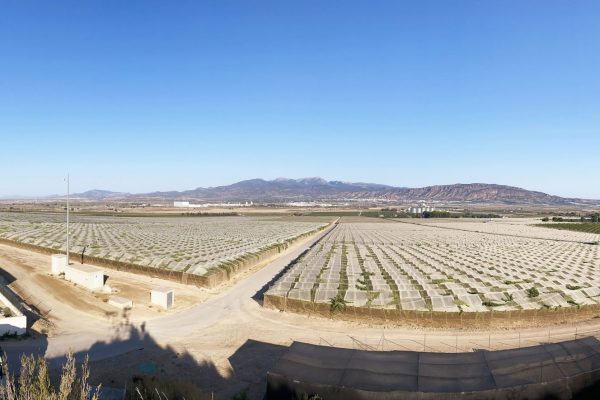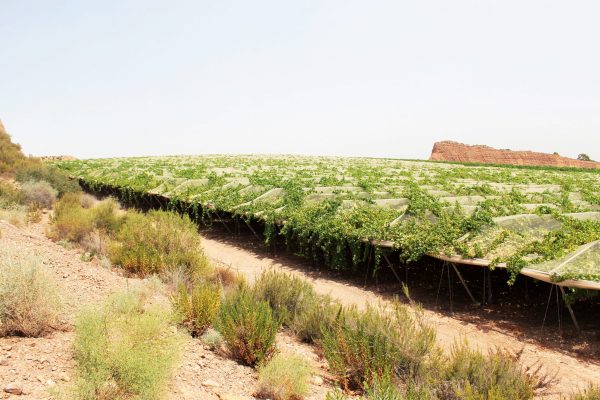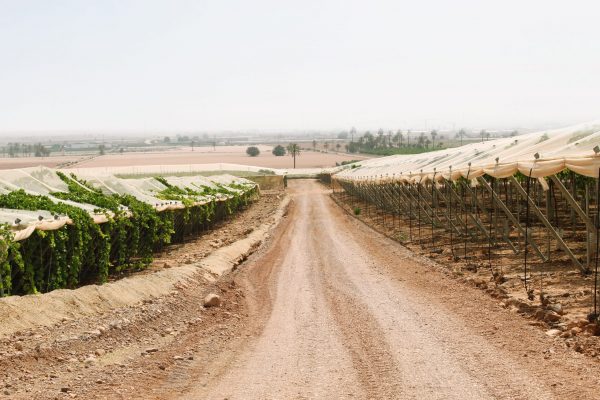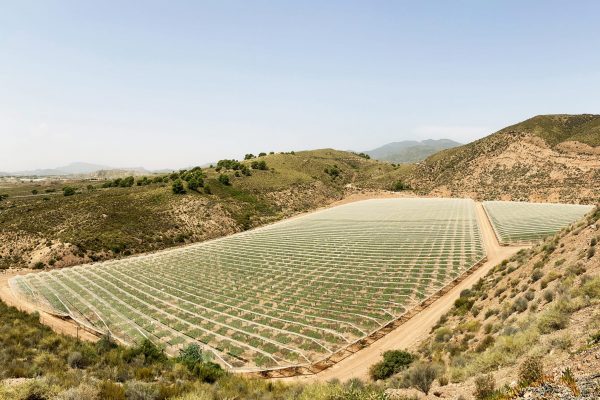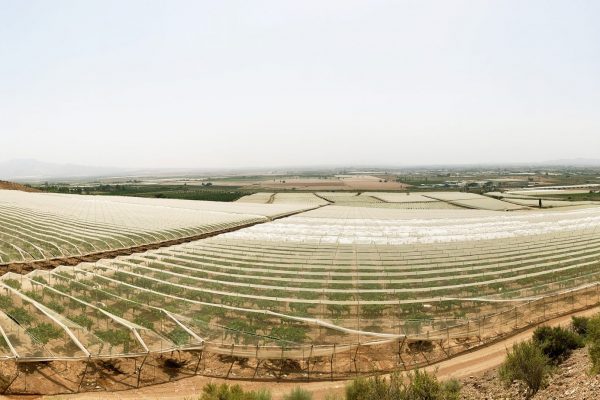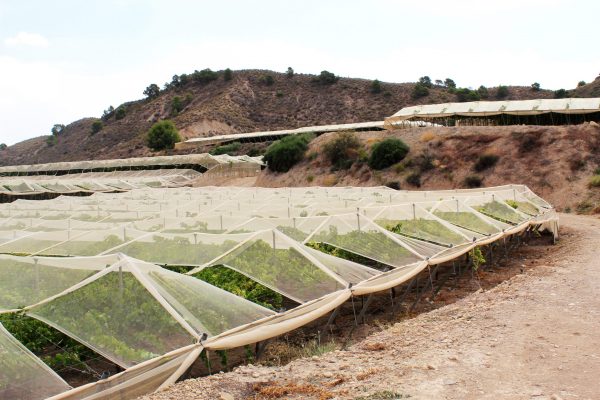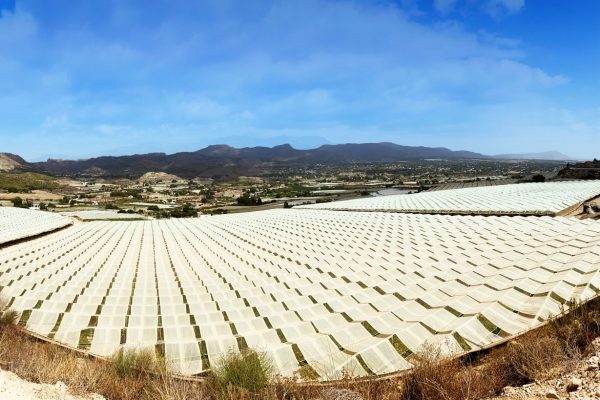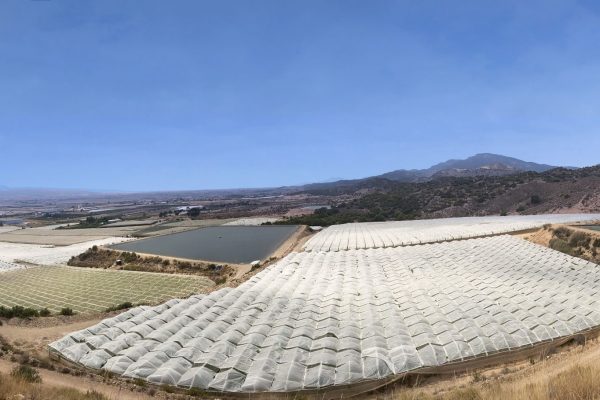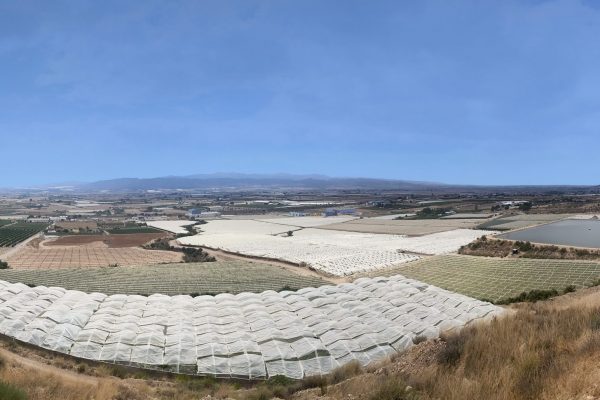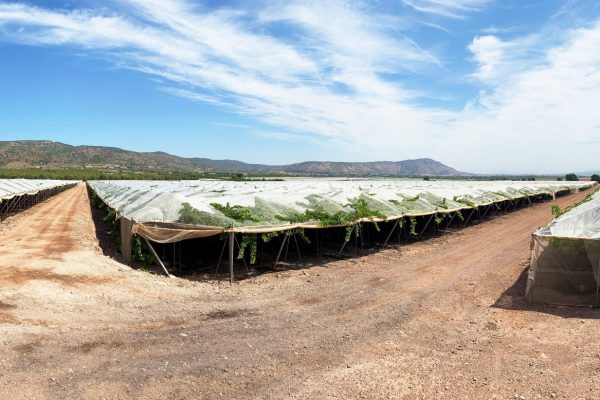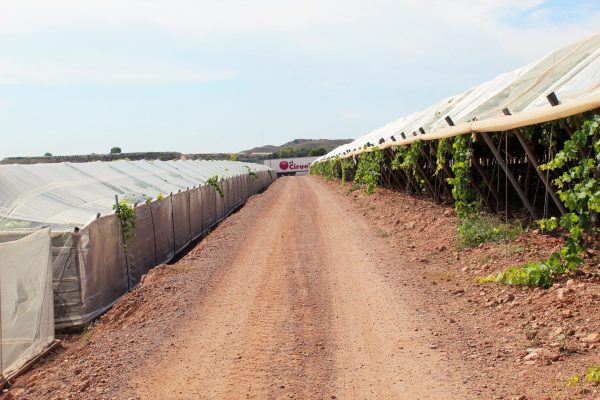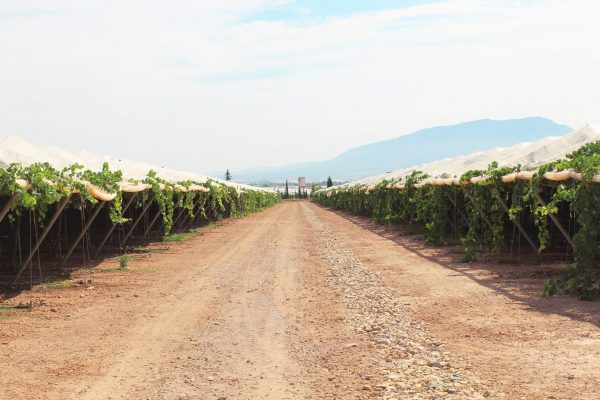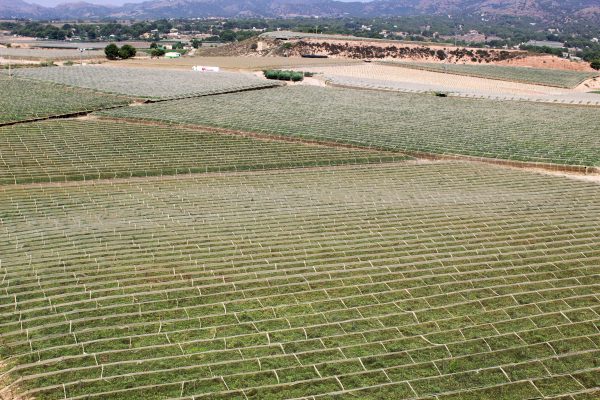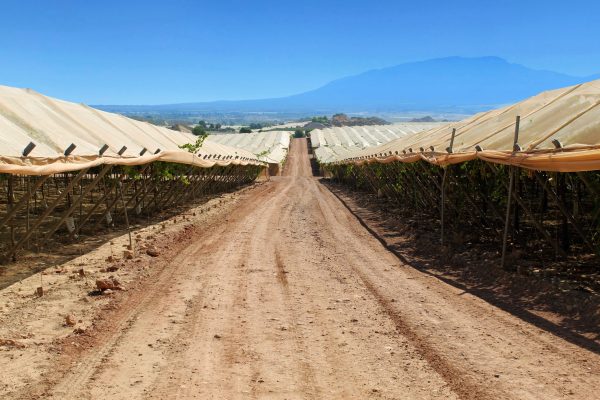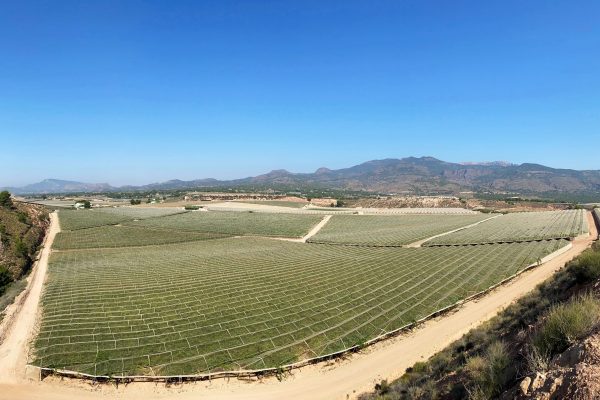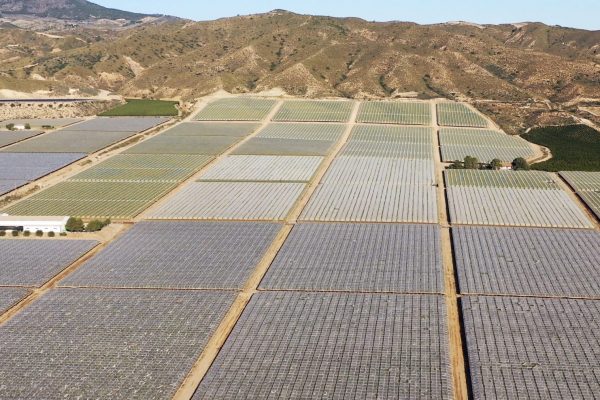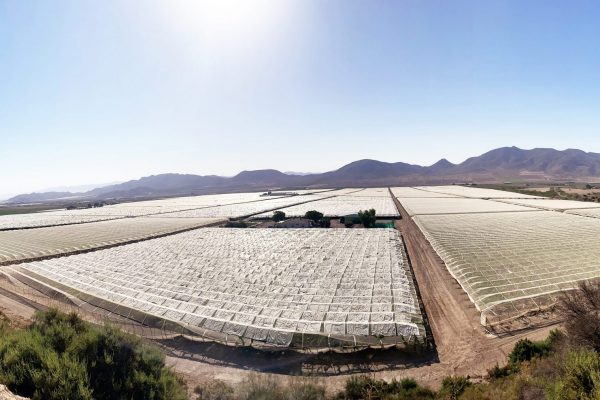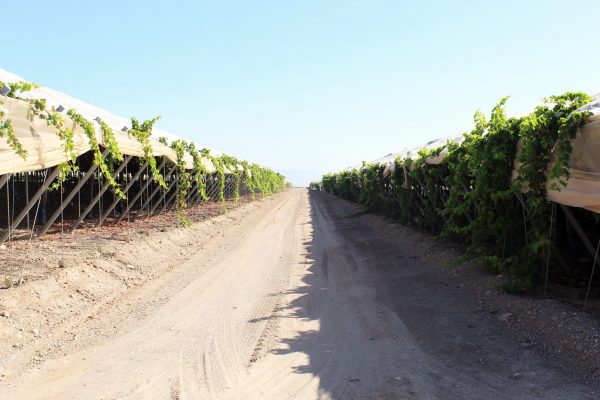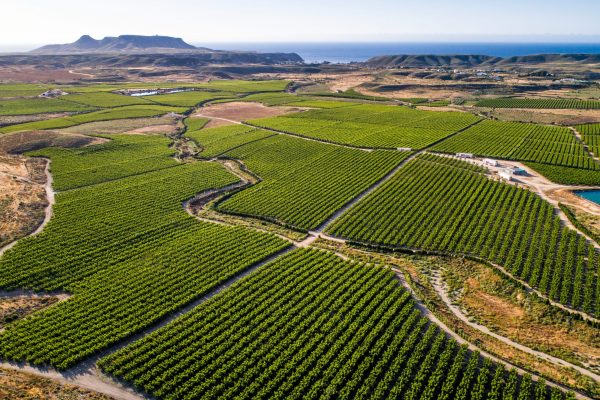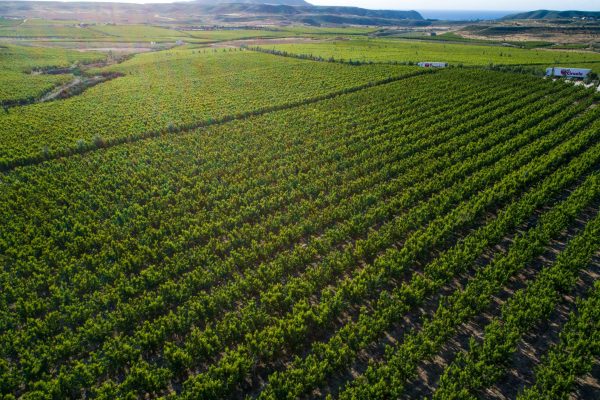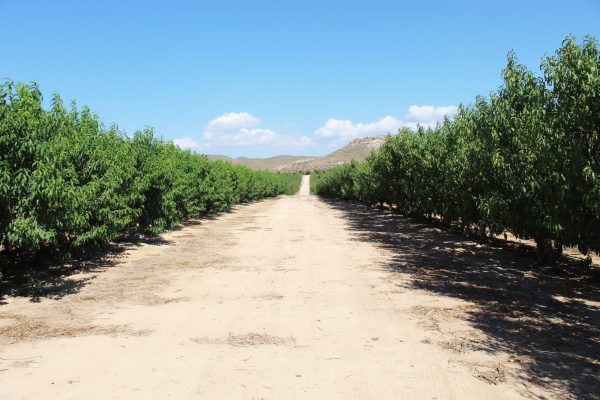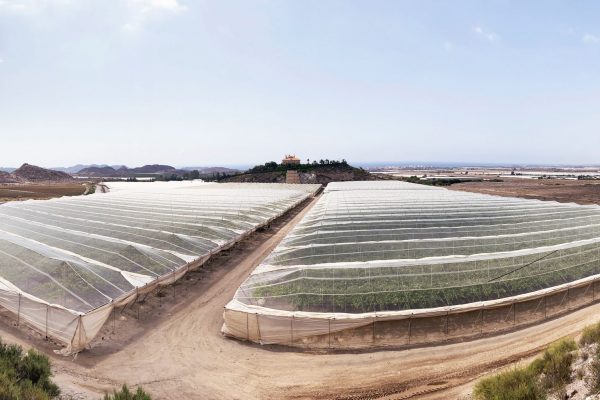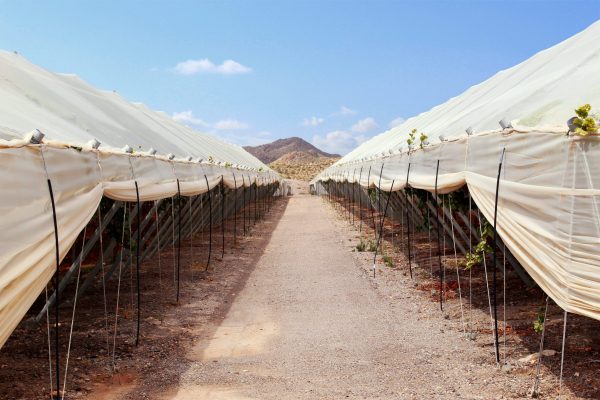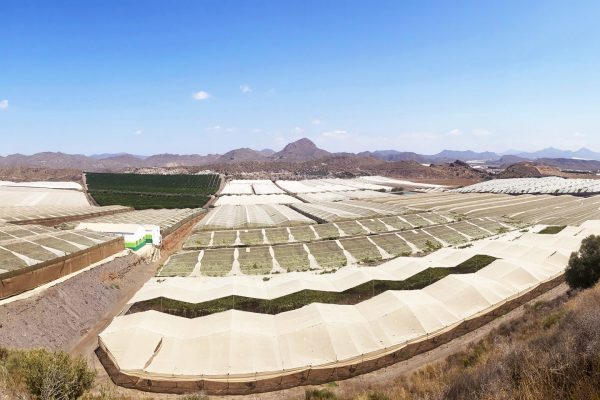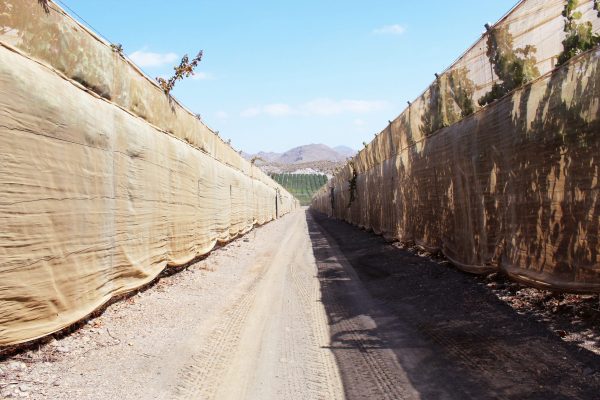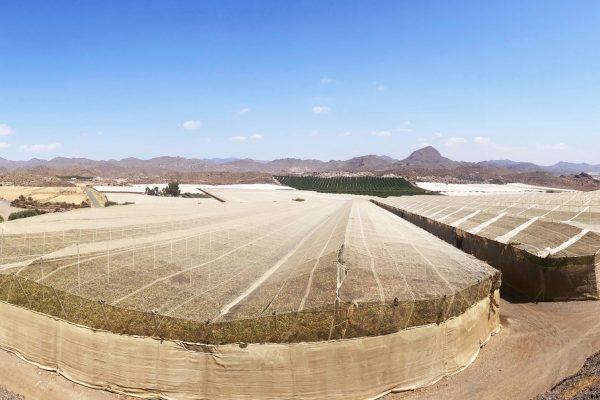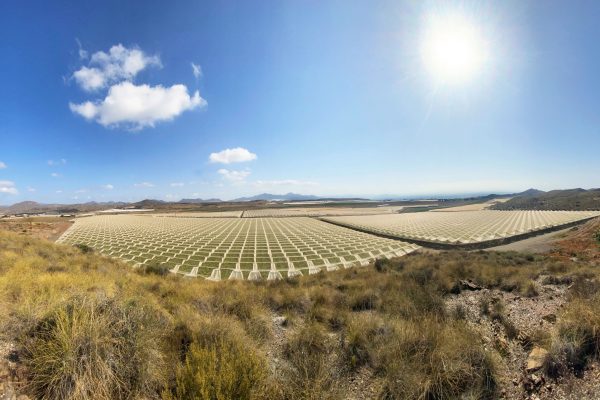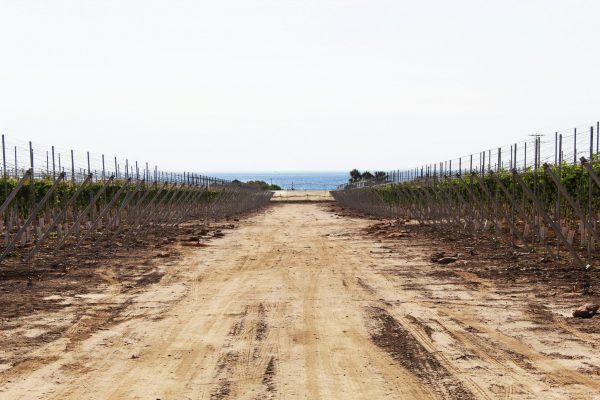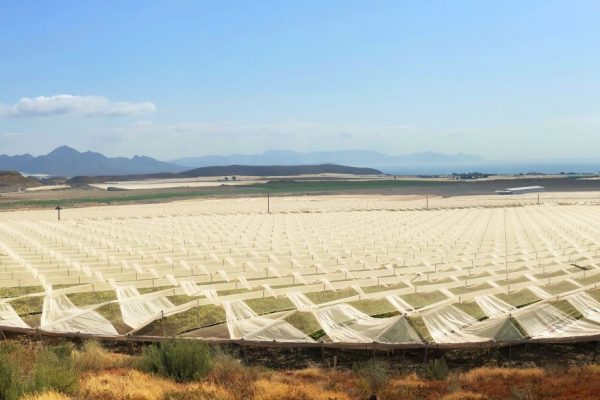Organic farming: What it is and wich are the advantages
When we walk through supermarket aisles, mostly in the produce section, it frequently happens that we come across many eye-catching labels with the “organic product” certification. Generally these products have a slightly higher price, but claim to be products with high quality. Today, at Grupo El Ciruelo we would like to explain what this label means, as well as the advantages and disadvantages of organic food and also if it is worth making a little budget effort to buy these products.
And what is organic farming?
Organic farming, also known as biological farming, means a way of cultivating and taking care of crops, breeding animals and processing food while respecting nature: without using synthetic products (fertilisers, pesticides, herbicides…), avoiding genetically modified seeds and not forcing the animals’ fertility or feeding cycles.
However, organic farming means that it will not always have the perfect shape, size and colour, and may easily suffer from frost as well as insect infestations.
Nevertheless, through organic farming we produce products that have been grown by a natural way, giving as a result products of highest quality and fully respecting the land as well as its fertility. Thus, we can affirm that organic farming is all about respecting the environment.
Organic farming, by contrast, has its own weapons to protect against plagues and diseases, it uses non-invasive and non-intrusive methods. For instance, by introducing beneficial insects into the crop, which establish a symbiosis with the plants (both organisms can benefit from this relationship), protecting it from other insects or by preventing the spread of infections or diseases.
Organic food benefits:
Organic farming has a wide range of advantages, which is why we will distinguish between them according to who benefits from them.
For the consumer: By eating organically farmed products, we are investing in our health. We will also be consuming fruit and vegetables with more nutrients, which have been grown in a more natural way and which are protected naturally.
For the economy: The organic farming highlights and promotes small, local and less industrialised productions. Organic farming highlights small crops, such as those that frequently have been supplied to Grupo El Ciruelo.
For the environment: It does not pollute either the environment or the farming land, thus letting it rest and recover the fertility which it needs, in addition it promotes plant and insect biodiversity, giving rise to small ecosystems within each plantation. Furthermore, organic farming also helps with animal well-being, by preserving natural habitat areas, allowing many birds and mammals to coexist despite being cultivated areas.
At Grupo El Ciruelo we are strongly committed to sustainability, which is why we constantly support a balanced, sustainable and eco-friendly agriculture. That is why we recently released our new organic seedless grape range, both white and red, allowing consumers to experience the full flavour of our grapes as well as supporting a more sustainable farming system.
Don’t forget to follow us on our social networks @elciruelofruits and @Doceuva!

